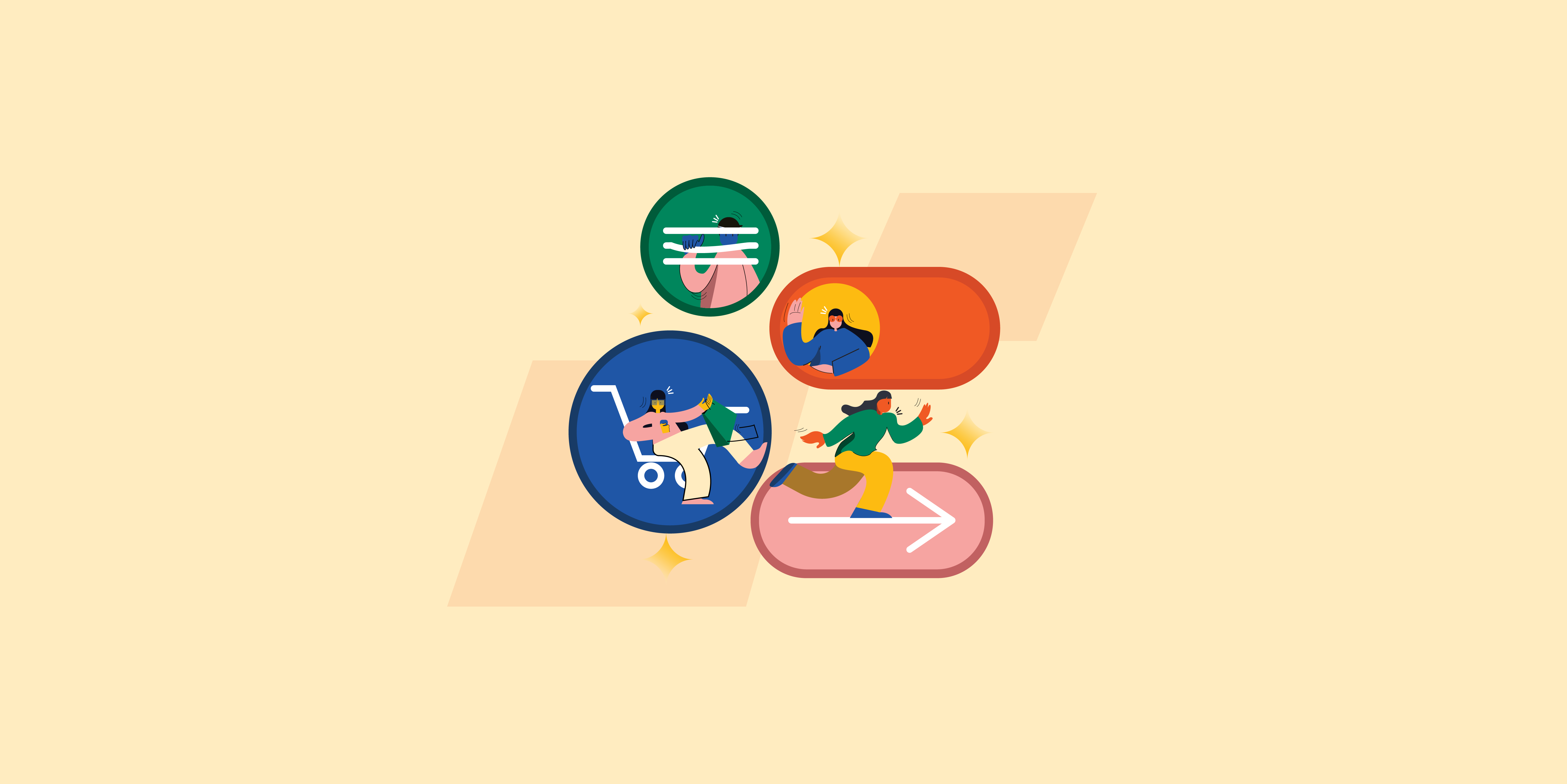Philosophy in Design : Two Sides of the Same Coin
Garima Sharma

It is fascinating how much design I have learnt from philosophy and how much philosophy I've learnt from design.
For almost 3 years now, I have been studying philosophy at my own pace. Socrates is usually called the milestone of modern philosophy. Before him, society concerned itself with external dilemmas like is there a world above our world, why is a certain natural phenomenon happening, etc. That is known as the pre-Socratic era. Socrates, however, was much more interested in the internal questions. He embodied the literal spirit of philosophy, as the word comes from Philosophia - the love of wisdom.
A very common phrase that was coined after him, and one that I believe many people know already, is the Socratic method.
What is it?
Basically, a way to annoy the general joe. We all have seen those kids who just keep asking questions. At first, it's cute, but after a while, it gets annoying because we don't have all the answers. And god knows how much we hate not knowing.
Socrates famously used to go around town, just asking random people random things like “What do you think is justice?”, and then followed up with more questions from their answers. It usually led to him being shunned, though, so I wouldn't recommend that at all times. His life was many things, but he stayed true to his principles till the very end.
Why did I just impart historical lessons which were completely uncalled for? Because asking questions is important, and like all important things in life, it is scary, difficult, and unpredictable.
We know that most people don't want to face this big scary task, especially when it doesn't give any tangible benefits. Completely understandable. However, if you are dabbling with UX design, it is inevitable that you will find some very dangerous questions at some point in time. I call them dangerous because I believe that just the right question can break the matrix. And we are just humans.
Now that we have the word of caution out of the way, let's talk about real stuff.
One thing I want you to keep in mind while asking questions is that people are not as self-aware as we'd like them to be. Many psychological principles come into play and someone would not be aware of those unless they work in the field. These principles dictate our behavior, but since that is how we've evolved, we don't notice it. The shiny object syndrome, position effect, and Miller's law are some of the many. It is not their job to give you the right answers, it's your job to get to the answer yourself.
This confused me for a very long time.
So you're telling me I have to ask questions, but I also don't have to trust the answer? Why ask the question in the first place then? The questions that you ask the users are important, yes, but the questions that you ask yourself are the key.
We are looking for a solution, yes, but to what? An answer can only exist if there is a question. You must find that question first. A good way of getting to the question is to write as many questions as you can think of. It is worth spending a good amount of time on this because if you don't have a clear research question, no matter how well you carry out the rest of the project, you'll still be solving the wrong problem.
Forget that you have to create a solution. For a while, just focus on the question.
This is usually known as the “how might we” in the industry because if you're trying to create a product, it must have some use in the world. So the question usually starts with “how might we”.
According to my notes, an effective research question should:
- Be interesting (because you gotta have fun at your job)
- Ask something important
- Be focussed and specific
- Lead to a testable hypothesis
- Help go beyond the obvious
- Allow you to make predictions on measurable data
For me, writing 30 questions around the problem statement usually works. I have written questions that were outright stupid, and I'm not even ashamed of that. For instance, when I was working on a meditation app, one of the questions was something on the lines of “How might we make something that isn't cringey?” and believe it or not, it actually helped. While doing user research I found out some people find meditation rather “out of reach” and “fake and pretentious”, which gave validation to not just my hypothesis, but also to me. Since then “no questions are stupid” is my motto, much to the dismay of my friends and family.
The most important mindset before starting any research, however, is to go in with no solutions in mind. Accepting that you don't know something is probably the most important skill in UX design.
And in life, but that's another topic.







